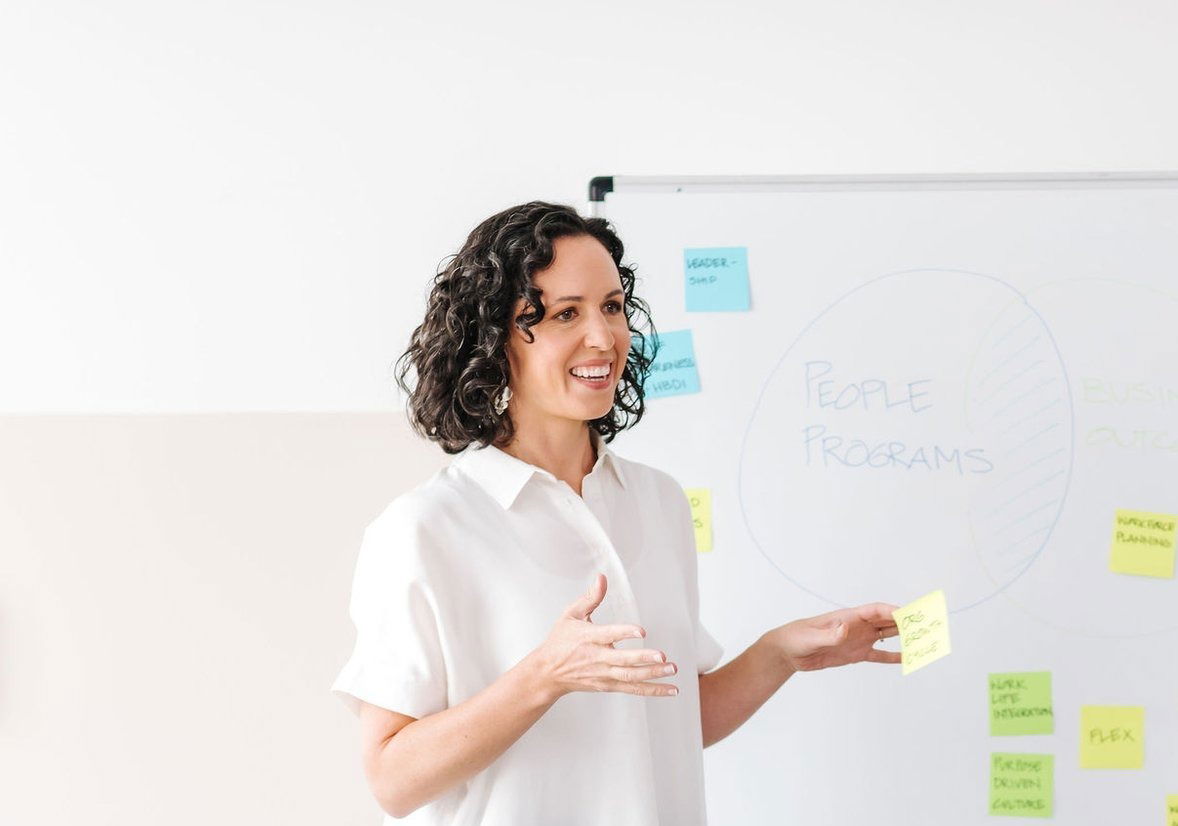PODCAST: Motherhood is a rapid period of growth and upskilling.

- Around 2 in 5 employees are parents of a child under 15 years or have caring responsibilities (ABS).
- The proportion of families with children under 5 with both parents working full-time has increased by 7%.
- Rates of postnatal depression (1 in 7) and postnatal anxiety (1 in 5) are increasing.
This is all happening at a time when employers need to be more competitive whilst creating safer, healthier, and culturally positive places of work.
Humanising workforces is a step away from our industrial ancestry and a step towards recognising individual needs, providing awareness and information that is empowering and offering more than a mechanically crafted position description.
But it comes with complexity as organisations have been crafted using clear demarcations and our legal systems demand reasonable assurances.
So, what does that mean for the future of work…. How can humanistic workplaces exist?
In RMIT Universities latest podcast episode I discuss with Sally McNamara the skills many women obtain during matrescence, which describes the transition into motherhood. You can listen here: Stream episode S1E21 - Renee Barnes by RMIT FORWARD podcast | Listen online for free on SoundCloud
Through understanding, discussing and supporting women through this transformational period we see an opportunity to significantly increase women’s confidence when returning to work, creating a ripple effect on culture and humanistic leadership.
Education alone won’t be enough, but it is a starting point to uncover the organisational system changes that are needed.